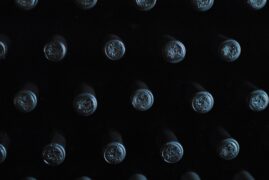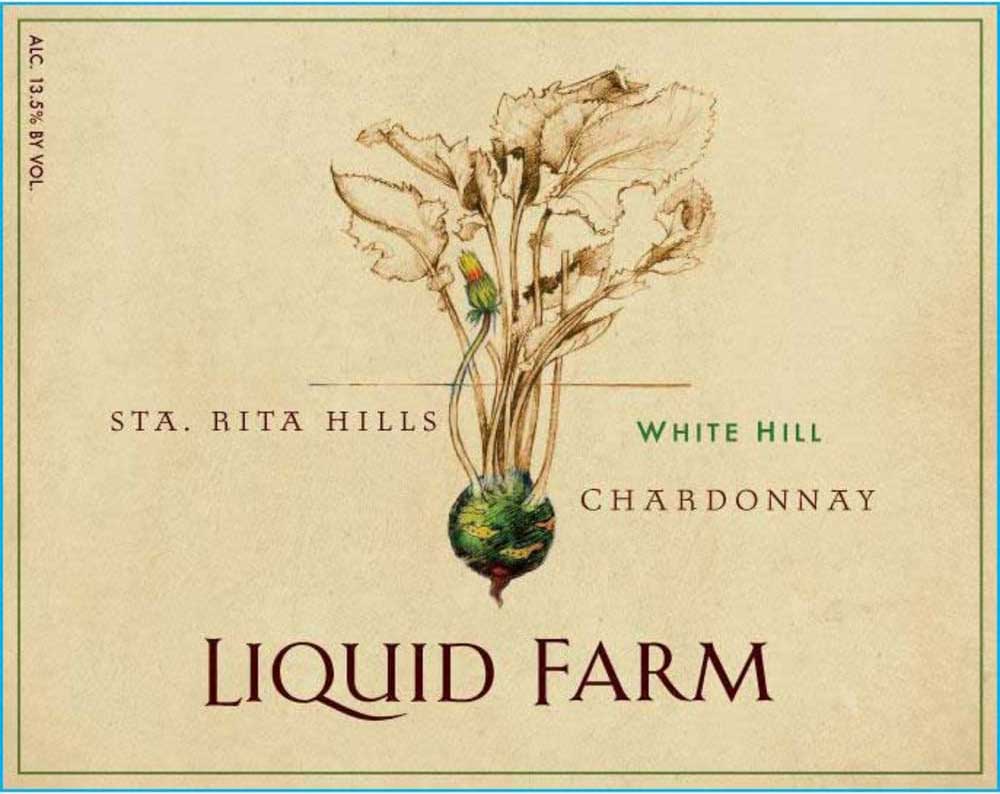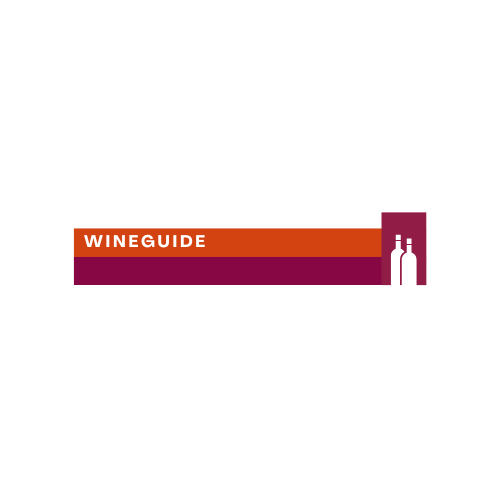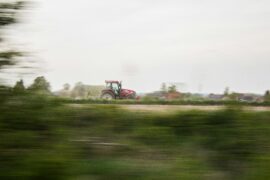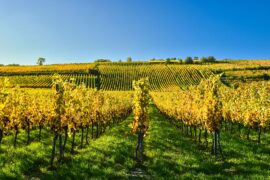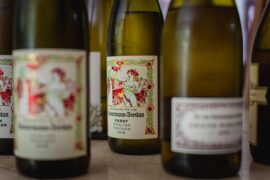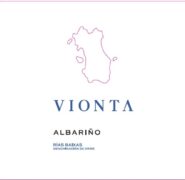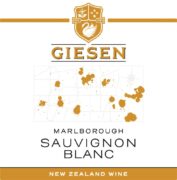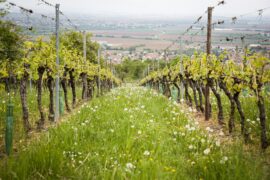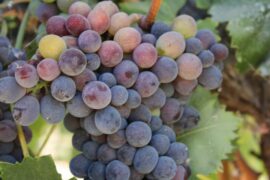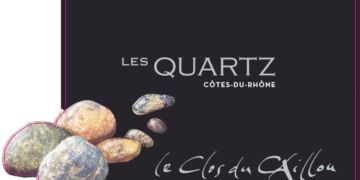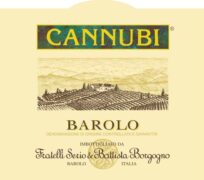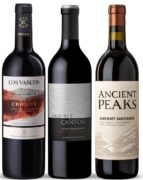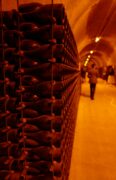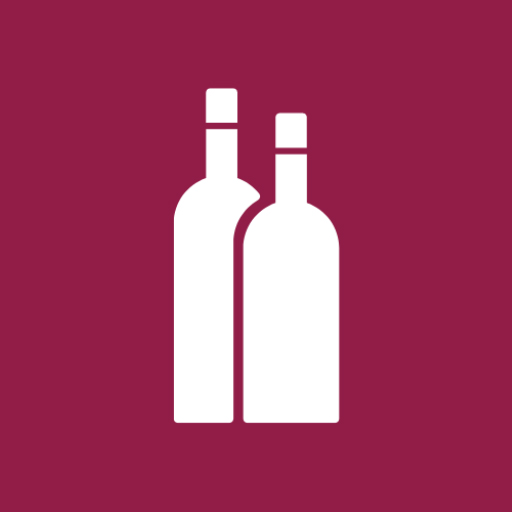The wine industry, steeped in tradition and artistry, is now embracing cutting-edge technology through the power of artificial intelligence (AI). “AI wine” refers to the integration of machine learning, data analytics, and automated tools into various stages of winemaking, from vineyard management to personalized consumer recommendations. This blend of heritage and innovation is transforming how wine is produced, aged, and enjoyed. Here’s how AI is making waves in the world of wine.
AI in Vineyard Management and Winemaking
AI has become an invaluable tool in vineyard management, helping winemakers monitor and optimize every step of grape cultivation. Vineyards use AI-powered drones and sensors to collect critical data on soil conditions, vine health, and weather patterns, providing a real-time view of the vineyard’s needs. This technology enables “precision agriculture,” where AI tools assess soil moisture, monitor pest activity, and analyze leaf health, helping winemakers make timely and accurate decisions. These insights are especially valuable during unpredictable weather, allowing vintners to adjust their irrigation or harvest timing to protect grape quality.
Machine learning algorithms also play a significant role in predicting yields and quality. By analyzing historical data, AI can forecast how different climate variables—temperature, rainfall, and humidity—may impact the crop. For instance, AI might predict a lower yield due to an upcoming heatwave, enabling vintners to prepare for this in advance. In the harvesting phase, AI-driven robots and automated machinery now assist with grape picking, ensuring that only the ripest grapes are selected. This selective harvesting, guided by AI, helps to produce wines with superior flavor and balance.
AI in Wine Production and Quality Control
Once the grapes are harvested, AI continues to be a critical asset in the winemaking process. Fermentation, a stage that greatly influences a wine’s final profile, requires close monitoring to ensure consistent quality. AI tools track variables like temperature, pH, and sugar levels within fermentation tanks, alerting winemakers to any shifts that could compromise flavor. This precise monitoring reduces the risk of errors that could spoil an entire batch, ensuring that each bottle maintains the desired taste and complexity.
In the aging process, AI sensors monitor barrels and cellars, tracking temperature, humidity, and other environmental factors. By analyzing these conditions, AI helps winemakers achieve optimal aging, which is essential for flavor development. AI also aids in quality control, enabling winemakers to spot inconsistencies and make adjustments to achieve a consistent flavor profile across bottles and batches.
AI Wine Recommendations for Consumers
For wine lovers, AI is transforming the way they discover and enjoy wine. AI-powered recommendation systems analyze user preferences, such as favored flavor profiles or past purchases, to suggest wines that align with individual tastes. Many wine apps and websites use these algorithms to help customers find wines that match specific preferences, making it easier for consumers to explore new options confidently.
Virtual sommeliers, another AI application, are increasingly popular among online wine retailers. These virtual assistants can answer questions like “What wine pairs well with pasta?” or “What’s a good Chardonnay under $20?” By analyzing user inputs and browsing patterns, AI sommeliers provide personalized recommendations, making the shopping experience more engaging and accessible.

